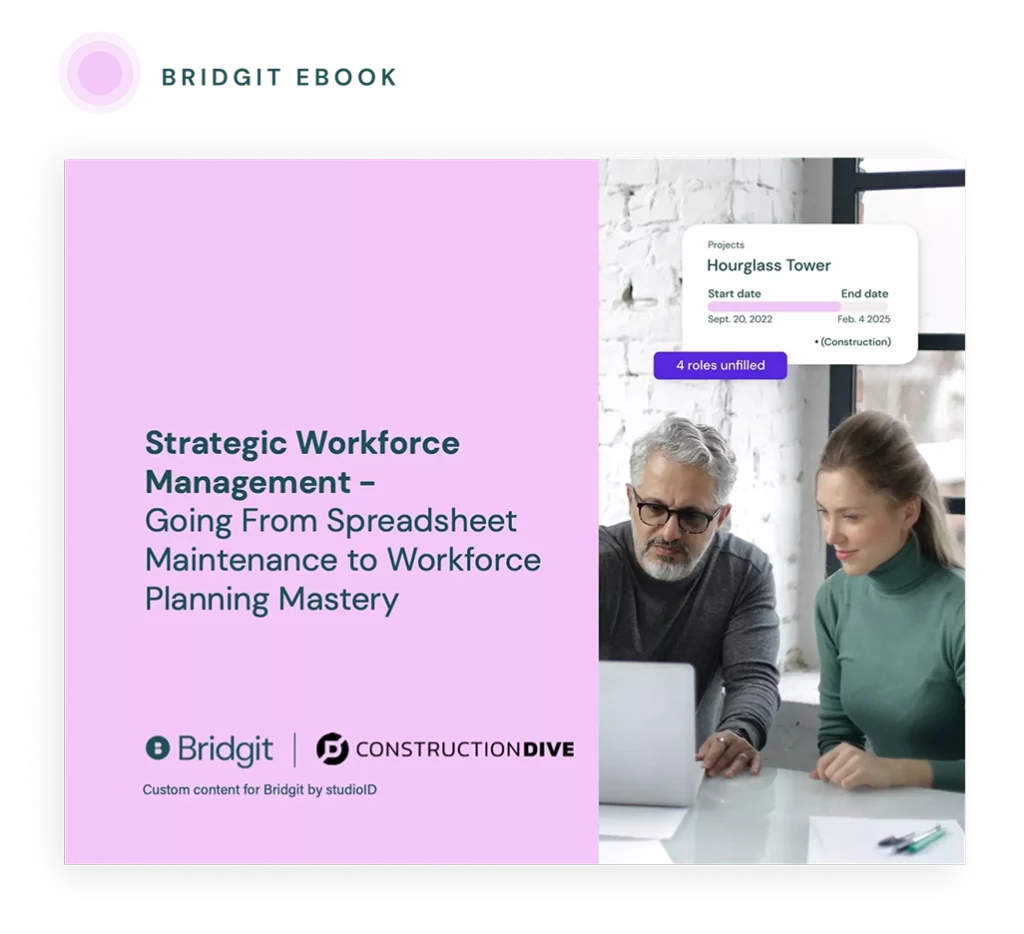Insurance is a must for any building project, as it protects your firm against accidents that occur on construction sites that cause damage or injury. Having insurance can save you a great deal of money in the long run, but what exactly is the cost of construction insurance?
Table of Contents
Considering Willis Towers Watson has been forecasting insurance rate increases in the next few years, you may also be wondering how you can cut down construction insurance costs without compromising safety. Here’s what you need to know to make sure your project is fully protected without breaking the bank.
What is construction insurance?
Construction insurance is a type of insurance that helps protect companies and contractors against the risks associated with construction projects.
Several types of construction insurance exist, but the most common is general liability insurance. This covers accidents that occur on the job site, as well as things like property damage and bodily injuries caused by the work being done.
Another type of construction insurance is workers’ compensation insurance. This covers medical costs and lost wages for employees who are injured on the job. In some cities, this insurance is required by law.
Although other types of construction insurance exist, these are the most common and arguably the most important.
Why is construction insurance important?
Construction insurance is important because it acts as a financial security measure against significant property damage and worker injury. Without construction insurance, contractors and businesses are at risk of being held liable and having to pay out of pocket. This can quickly become expensive, and may even be a huge contributing factor to having to declare bankruptcy.
Construction insurance is therefore vital to any project’s success, helping to protect those involved while allowing everyone to save money in the long run. Balancing safety and expenses are, after all, one of the top challenges in the construction industry.
What is the average cost of construction insurance?
Construction insurance costs are considered a soft cost of construction and can vary depending on the project and the type of insurance you’re paying into. Factors like the project’s location, the type of construction being done, and more play a role in how much insurance will cost.
Nevertheless, the average cost of construction insurance for contractors and businesses, for something like general liability insurance, is usually a few hundred dollars per year, or around $50 to $80 per month.

Looking to be more strategic with your people?
We partnered with Construction Dive to outline the steps any contractor can take to be more strategic with their workforce management.
5 ways to cut construction insurance costs
Now that you know a little bit about construction insurance, let’s talk about ways to help lower the cost of construction insurance.
1. Regularly review your construction firm’s insurance needs
Although basic insurance is a must and you can never be too careful, it’s also not uncommon for construction companies to purchase extra coverage that they may not need, or keep policies that have run their course. Reviewing your company’s insurance needs on a regular basis can help eliminate coverage that’s no longer relevant or necessary, saving you money.
Once you’ve paid into a construction insurance policy, it’s a good idea to review it on an annual basis. This way, you can ensure that they still meet your needs and that your coverage levels are adequate. You may also be able to get a lower rate if you’ve made any changes that reduce risk.
2. Shop around for the best rates and get quotes from multiple insurers
Of course, the best way to lower your construction insurance costs is to shop around for the best rates. There are a number of different insurers that offer comprehensive construction insurance, so it’s important to compare rates before you commit to a policy.
After all, it pays to shop around. With so many different insurance companies out there offering different rates and packages, you’ll need to find a company that offers the best rate for the coverage most suited for your company. Once you’ve finished looking around and have drafted a shortlist, request an actual quote that breaks down what will be covered.
3. Raise your deductibles
Another way to lower the cost of construction insurance is to raise your deductibles. A higher deductible means you’ll have to pay more out of pocket if something happens, but it also means you’ll be paying less in premiums.
Many construction companies carry high deductibles in order to keep their premiums low. However, it should be noted that this can be a risky strategy, as one large claim could end up costing your company more than if you had carried a lower deductible.
4. Do your due diligence to take advantage of discounts and special deals
Some insurers offer discounts or special deals on construction insurance if you take certain steps to reduce risk. For example, some insurers may offer a discount if you have a security system in place, or if all of your subcontractors are already insured.
In the end, doing your due diligence when it comes to safety saves money. Whether it’s implementing safety training programs or having sufficient documentation like subcontractor agreements in place, actively showing that you’ve reduced risk can help you lower construction insurance costs.
5. Improve how you respond to claims
Your construction firm’s claims, injury, and construction risk management can have a direct impact on the cost of workers’ compensation insurance. In other words, the way your firm responds to claims can minimize its impact, effectively bringing down costs.
Improvement can involve, for example, hiring a safety manager. Businesses that can’t afford to hire a full-time safety manager may benefit from working with an insurance agency that offers resources.
Track your workers and projects using Bridgit Bench
By following these tips for lowering construction insurance costs, you can save money and protect your company’s bottom line.
Need to improve how you’re managing your workers? Choose Bridgit Bench, an all-in-one workforce management solution for overseeing construction personnel.
Think your workforce planning meetings could be more productive?
Download our ebook to learn how to run efficient, effective workforce planning meetings with your team.



